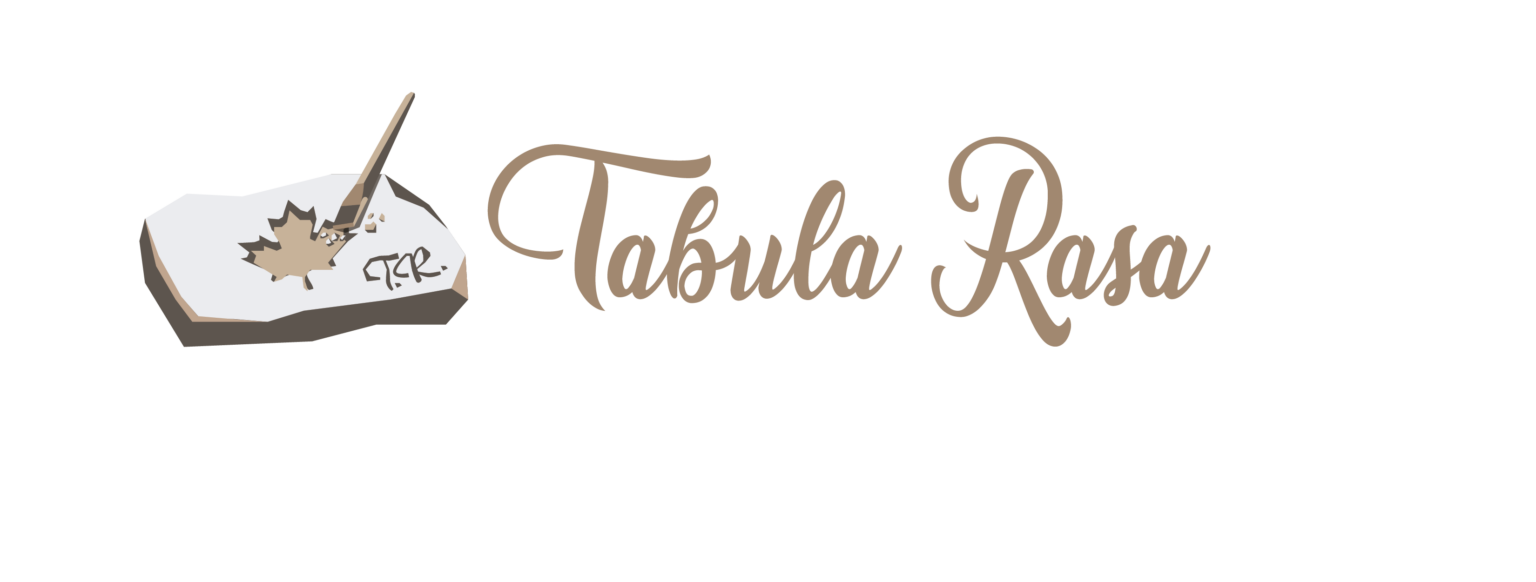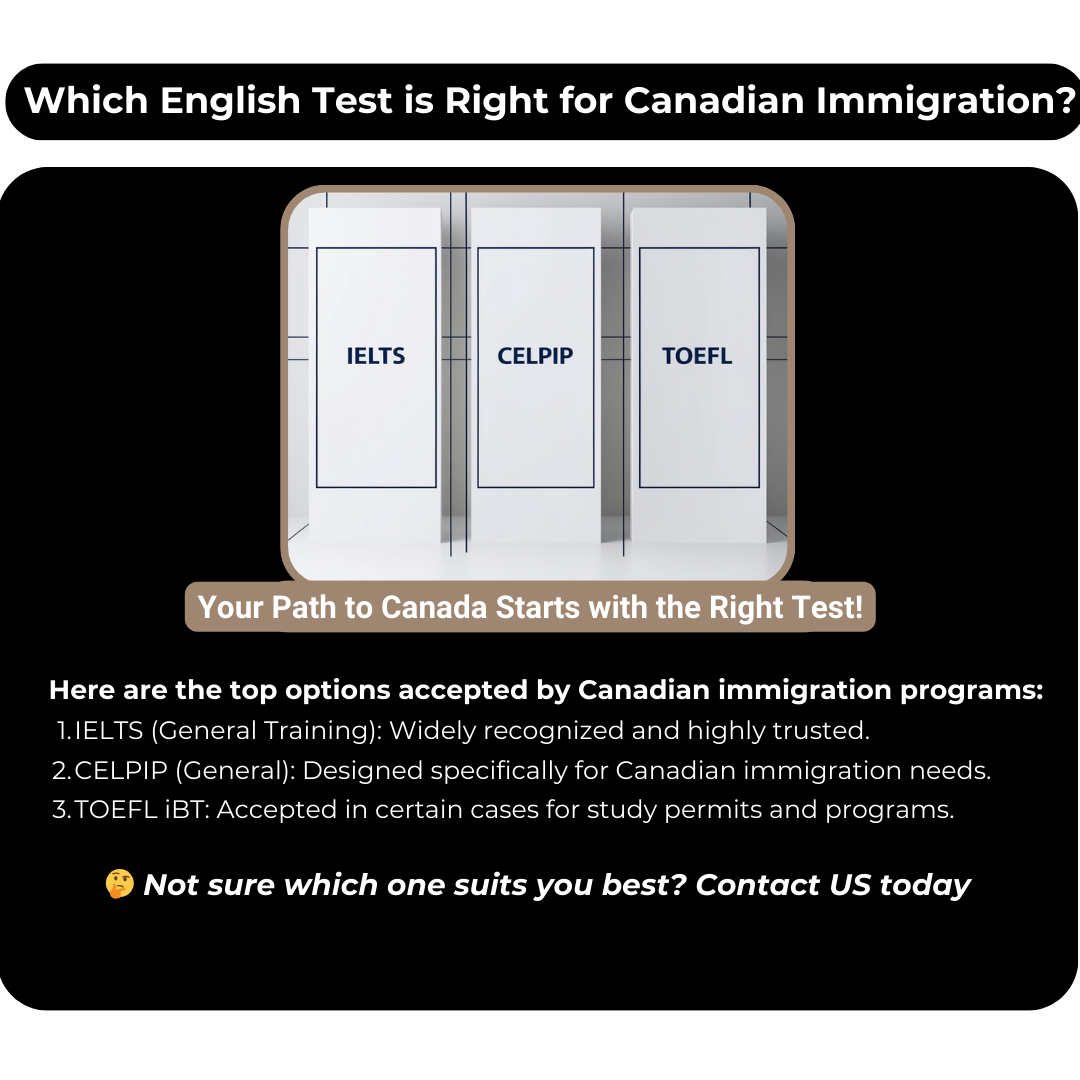If you’re aiming to immigrate to Canada, proving your English proficiency is essential. Canada’s immigration system uses specific language tests to evaluate applicants’ abilities in English, and not all English tests are accepted. Here’s a guide comparing the primary English language tests that Canadian immigration authorities accept, along with their minimum score requirements and key details to help you make the right choice.
1. CELPIP (Canadian English Language Proficiency Index Program)
Overview: CELPIP is designed specifically for Canada and is the only English proficiency test developed in Canada. It’s often the top choice for immigration applicants due to its relevance to Canadian English and familiarity with Canadian contexts. CELPIP offers two versions, but only the CELPIP-General is accepted for immigration.
- Format: Listening, Reading, Writing, and Speaking
- Score Range: 1-12 per skill
- Minimum Scores: Each immigration program has different requirements. For example:
- Express Entry (Federal Skilled Worker Program): A Canadian Language Benchmark (CLB) level of at least 7 (corresponds to CELPIP scores of 7-9 per skill).
- Why Choose CELPIP: CELPIP is an ideal choice if you’re looking for a test that reflects Canadian English and is straightforward, as it is computer-based and does not require face-to-face speaking tests.
- Availability: Primarily available in Canada, with limited international test centers.
2. IELTS (International English Language Testing System)
Overview: IELTS is widely recognized globally and accepted by Canada for immigration purposes, particularly the IELTS-General Training version. The test assesses proficiency in British English, which is similar to Canadian English, and is well-suited for those outside Canada.
- Format: Listening, Reading, Writing, and Speaking
- Score Range: 0-9 per band
- Minimum Scores:
- Express Entry (Federal Skilled Worker Program): A CLB level of 7 is typically required, which translates to an IELTS score of 6.0 in each section.
- Why Choose IELTS: IELTS is the better choice if you’re applying from outside Canada, as it has test centers worldwide and is highly standardized.
- Availability: Offered globally with numerous test dates and venues.
3. TOEFL (Test of English as a Foreign Language)
Overview: TOEFL is a popular English proficiency test, especially for academic settings. However, it is not accepted by the Canadian immigration system for permanent residency applications, though it may be useful for student visa applications at Canadian universities.
- Format: Reading, Listening, Speaking, and Writing
- Score Range: 0-120 total score
- Acceptance: Accepted mainly by academic institutions, but not for Canadian immigration programs.
- Why Choose TOEFL: Consider TOEFL only if you plan to attend a Canadian university, as it’s not valid for immigration pathways.
4. PTE (Pearson Test of English)
Overview: The PTE is popular in countries such as Australia for immigration but is not accepted by Canadian immigration authorities for Express Entry or other permanent residency applications. However, it can be used for student visas for certain Canadian academic institutions.
- Format: Speaking and Writing, Reading, and Listening
- Score Range: 10-90 total score
- Acceptance: Primarily academic; not accepted for Canadian PR applications.
- Why Choose PTE: Only useful if applying for student programs in Canada; not recommended for immigration purposes.
Making Your Decision
- If you’re in Canada or comfortable with Canadian English, CELPIP may be the most straightforward choice.
- If you’re outside Canada or prefer a globally recognized test, IELTS-General Training is likely the best fit.
Choosing the correct English proficiency test is a key step toward achieving Canadian immigration. By understanding each test’s format, requirements, and acceptance, you can make an informed choice to help you succeed on your journey to Canada.











